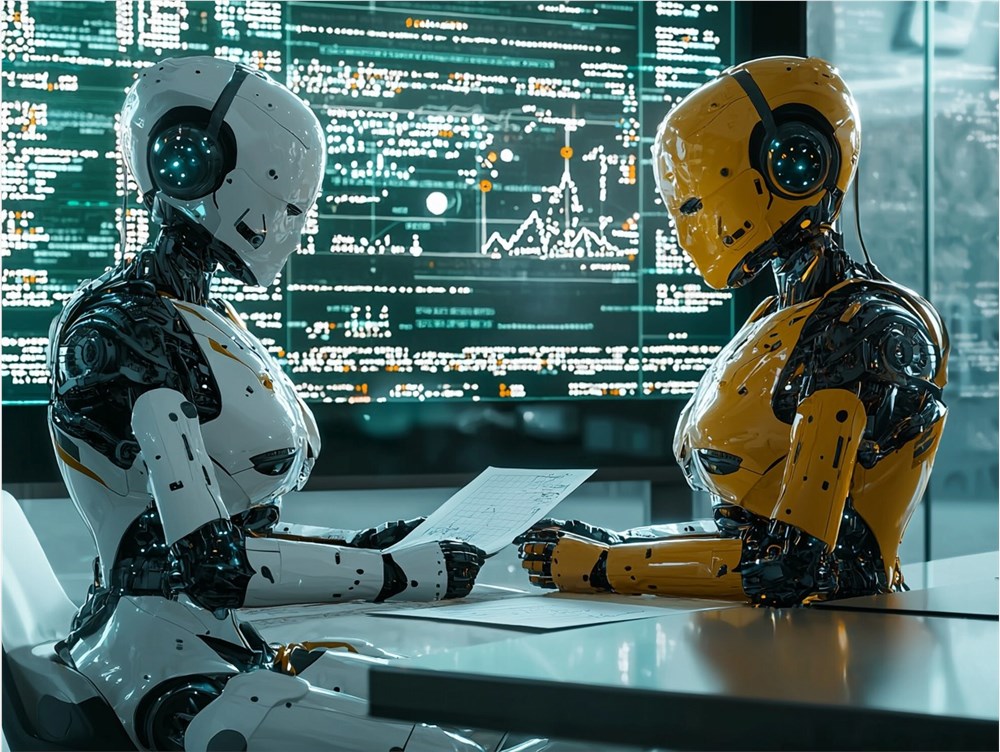In a new artificial intelligence programming challenge, the results have sparked widespread attention. The K Prize, organized by the Laude Institute, recently announced its first winner, and surprisingly, Brazilian programmer Eduardo Rocha de Andrade, who won the $50,000 prize, correctly answered only 7.5% of the questions. This performance undoubtedly sounds a warning bell for the current state of the AI field.
The K Prize was initiated by Andy Konwinski, co-founder of Databricks and Perplexity, with the aim of advancing the performance of AI models on real programming problems. Konwinski said: "We are excited to establish a truly challenging benchmark." Compared to the commonly used testing systems, the K Prize is more rigorous, ensuring that the model's abilities are not influenced by the training set by using a "pollution-free" approach.

Image source note: The image is AI-generated, provided by the AI image generation service Midjourney
Unlike other benchmarks such as SWE-Bench, the K Prize does not allow models to access specific problems before submission but uses new questions extracted from GitHub after the deadline. Although many AI programming tools have emerged, this new challenge highlights the limitations of current models. The top scores in the K Prize contrast sharply with the 75% top scores in SWE-Bench, leading people to question whether there is a pollution issue in benchmark testing.
Konwinski remains confident about the future and has promised a $1 million reward if an open-source model can score over 90% on the test. He hopes this challenge will serve as a wake-up call for the entire industry, making everyone aware that there is still significant room for improvement in current AI technology. He added, "If we can't even reach 10%, the reality will be harsh."
This competition has sparked heated discussions within the industry about AI evaluation standards. Many researchers believe that projects like the K Prize are crucial for addressing AI evaluation issues. Sayash Kapoor, a researcher at Princeton University, said, "We need new tests to evaluate existing benchmarks. Without such experiments, we cannot determine the root of the problem."
The K Prize not only sets new challenges for AI models but also provides the entire industry with an opportunity for reflection, prompting people to re-examine current artificial intelligence technologies and their feasibility of application.
